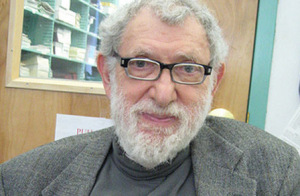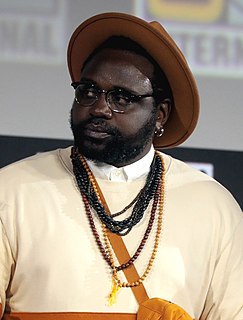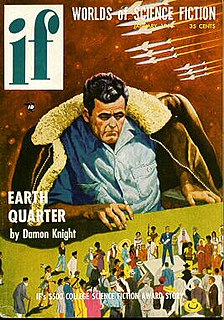A Quote by Devendra Banhart
Basho is the great poet of Japan, writing in the second half of the 17th century, but his work is still incredibly fresh.
Related Quotes
Something I always wanted to do, to capture that later half of the '70s. It's like the early half of the '70s is still the '60s, in that there's still kind of a playfulness and inventiveness in terms of design and the things that were going on in the culture. The second half, it got much more commodified. It's possibly the ugliest era of architecture and clothes and design in the entire 20th century, from 1975 to '81 or '82.
In the Christian world, as you remember, Christianity is in the 21st century, Islam is in the 15th century. I don't mean to say that Islam is backward; I mean to say that there are certain experiences that it hasn't gone through. Christianity had the great religious wars of the 17th century. Islam, fortunately for the Muslims, did not have that. Christianity worked out a system of toleration. Islam was always more tolerant of Christendom.




































